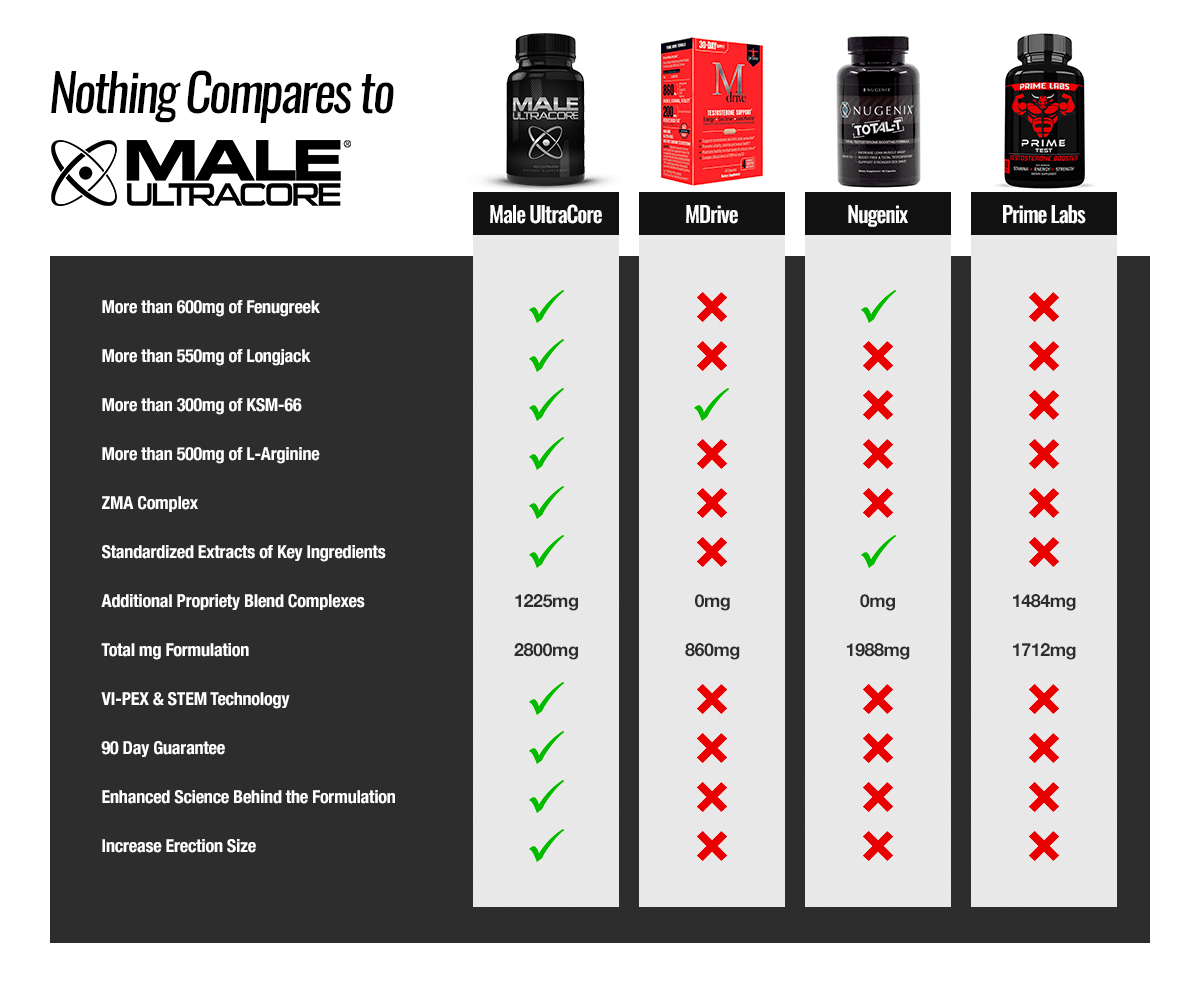Do you know that one out of three adults has hypertension? Beta-blockers are typically prescribed for people who have hypertension. Beta-blockers are used to lower blood pressure. These drugs are also used to treat various cardiovascular diseases, anxiety disorders, migraine, and post-traumatic stress disorders. But one of the most common side-effects of these drugs is insomnia. Taking these drugs can affect your sleep. Sleep deprivation, on the other hand, is linked to heart disease, obesity, and diabetes, as well as it affects mood and attention.
Link Between Melatonin and Beta-blockers
People who take beta-blockers reported sleeping problems as one of the common side-effects of the drugs. This can be explained by the fact that beta-blockers prevent the release of melatonin. Melatonin is a crucial hormone that regulates the circadian clock of the body and sleep. But it is worth noting that people with high blood pressure already produce low melatonin levels than those with normal blood pressure.

Furthermore, sleep insufficiency can lead to chronic diseases such as cancer, obesity, depression, diabetes, and hypertension. Insufficient sleep can also increase your risk of mortality and reduce productivity and quality of life.
Melatonin does not only regulate your sleep-wake cycle, but it also combats you from neurological disease, age-related disease, and cardiovascular disease. Since melatonin has antioxidant effects, this plays a role in every living cell. That is why it has favorable effects on your cardiovascular system. And to help you sleep better with melatonin, administering 500 mcg to 5 mg a day is sufficient.
On the other hand, although beta-blockers are essential to treat various cardiovascular problems, these might affect the nutrients your body needs. And these nutrients are very crucial to maintain the metabolic activities of your cells.
A study has shown the adverse side effects of beta-blockers, including daytime fatigue and nighttime sleep problems. These have been ascribed to cardiac and central nervous system effects. Beta-blockers are said to block signals to the pineal gland, which results in the suppression of the production of melatonin. This explains the link between sleep and beta-blockers.
What is Melatonin?
Melatonin is a naturally occurring hormone in your body. But if your body cannot produce enough melatonin, such as if you are taking beta-blockers, you may be prescribed to have melatonin supplementation. As mentioned, one of the side effects of beta-blockers is insomnia. To treat this condition or to improve your sleep, you can take melatonin.
Melatonin supplementation is said to be effective for sleep disturbance due to beta-blockers. Beta-blockers, such as propranolol and atenolol, can lower your melatonin levels which cause sleep problems. Studies show that taking melatonin can reduce sleep problems in beta-blocker users. Furthermore, this medication can also be effective for high blood pressure. According to studies, a controlled-release form of melatonin can help lower the blood pressure of those who have high blood pressure.
Taking Melatonin with Beta-blockers
A study has shown beta-blocker users who are supplemented with melatonin increased their sleep by up to 36 minutes longer. Furthermore, those who have melatonin supplementation sleeps faster and better compared to those who don’t have. Melatonin does not even affect energy levels and mood.
Taking melatonin with a beta-blocker can help increase your melatonin level. This means that your sleep will most likely be improved. Unlike other drugs recommended for sleep problems, melatonin is said to have no rebound effect. Even if melatonin is no longer taken, you will not experience sleep deterioration compared to other sleep drugs.
Melatonin is available over-the-counter. You don’t need a doctor’s prescription to buy the same. In fact, a study has shown that melatonin supplementation with beta-blockers is safe for up to 6 months. If you are taking melatonin and is about to exceed the prescribed period, it is better to talk with your doctor.
Why Take Melatonin on Beta-blockers?
Sleep should always be a priority. Adults should get at least 7 to 9 hours of sleep every night. If you lack sleep, you might experience a lack of focus, impaired memory, stress, and even accidents. It can even lead to health-related problems such as diabetes, heart failure, stroke, heart attack, and high blood pressure. Sleep deprivation may be due to your medication, such as beta-blockers.
Indeed, beta-blockers can treat various health-related problems, but if you lack sleep, it might even increase your risk of these problems. Beta-blockers can deplete melatonin. Low melatonin levels can cause insomnia. One way to avoid insomnia while on beta-blockers is to have melatonin supplementation.

Melatonin can help regulate your sleeping patterns. Not only that, it was shown that melatonin supplementation could result in cardiovascular benefits since it reduces the risk of hypertension, heart failure, and cardiovascular conditions such as obesity and diabetes. As mentioned above, it is recommended to take 500 mcg to 5 mg of melatonin before bedtime.
Taking a dose of melatonin can help with one of the side-effects of beta-blockers. Taking melatonin can aid in better sleep. A night of better sleep can decrease your risk of cardiovascular problems. You will certainly get the utmost benefits of beta-blockers if you also take melatonin.
Conclusion
Taking beta-blockers can affect your sleep. Sleep is very important. One of the reasons for sleep deprivation is low levels of melatonin. Low levels of melatonin may be due to your medication, for instance, beta-blockers. To improve your melatonin level, you need to take a melatonin supplement. It was shown that taking melatonin with a beta-blocker can help regulate your sleep. And that makes beta-blockers effective in treating a certain condition.
Increase Your Testosterone Levels with Testosterone Boosters
Male UltraCore is a premium testosterone boosting supplement that is designed to maximize test levels, increase your performance and drive, and give you harder and fuller erections. 





